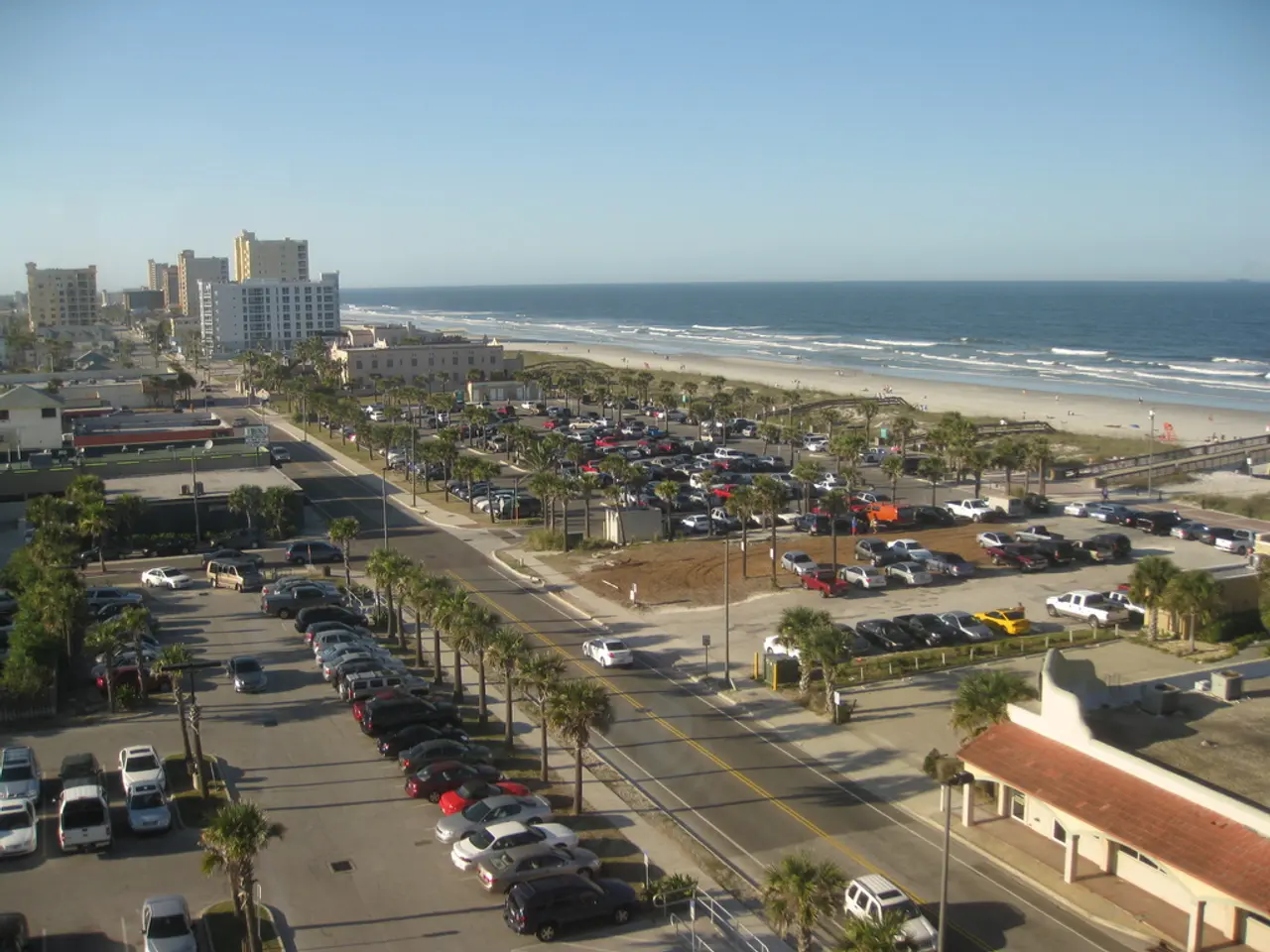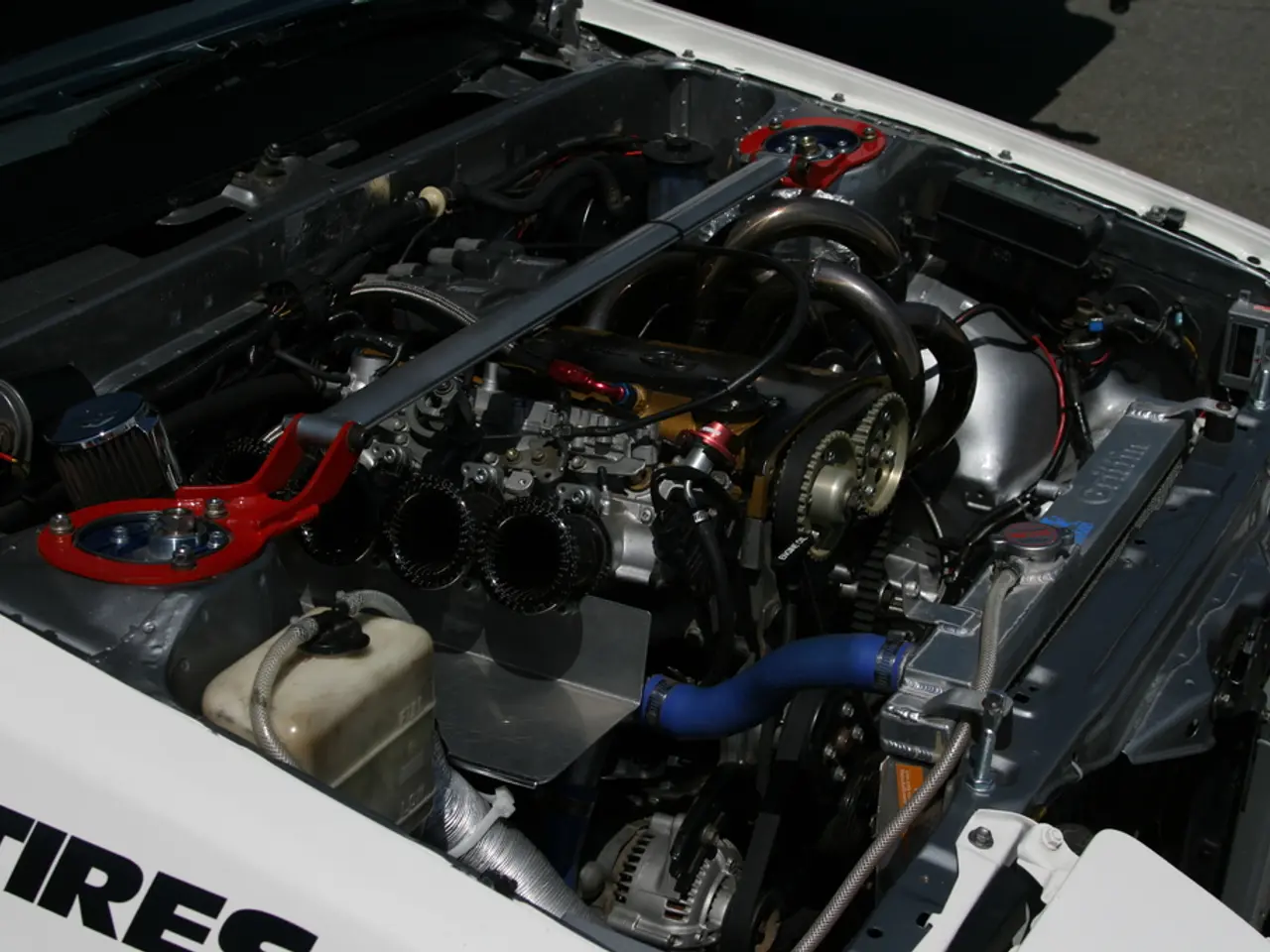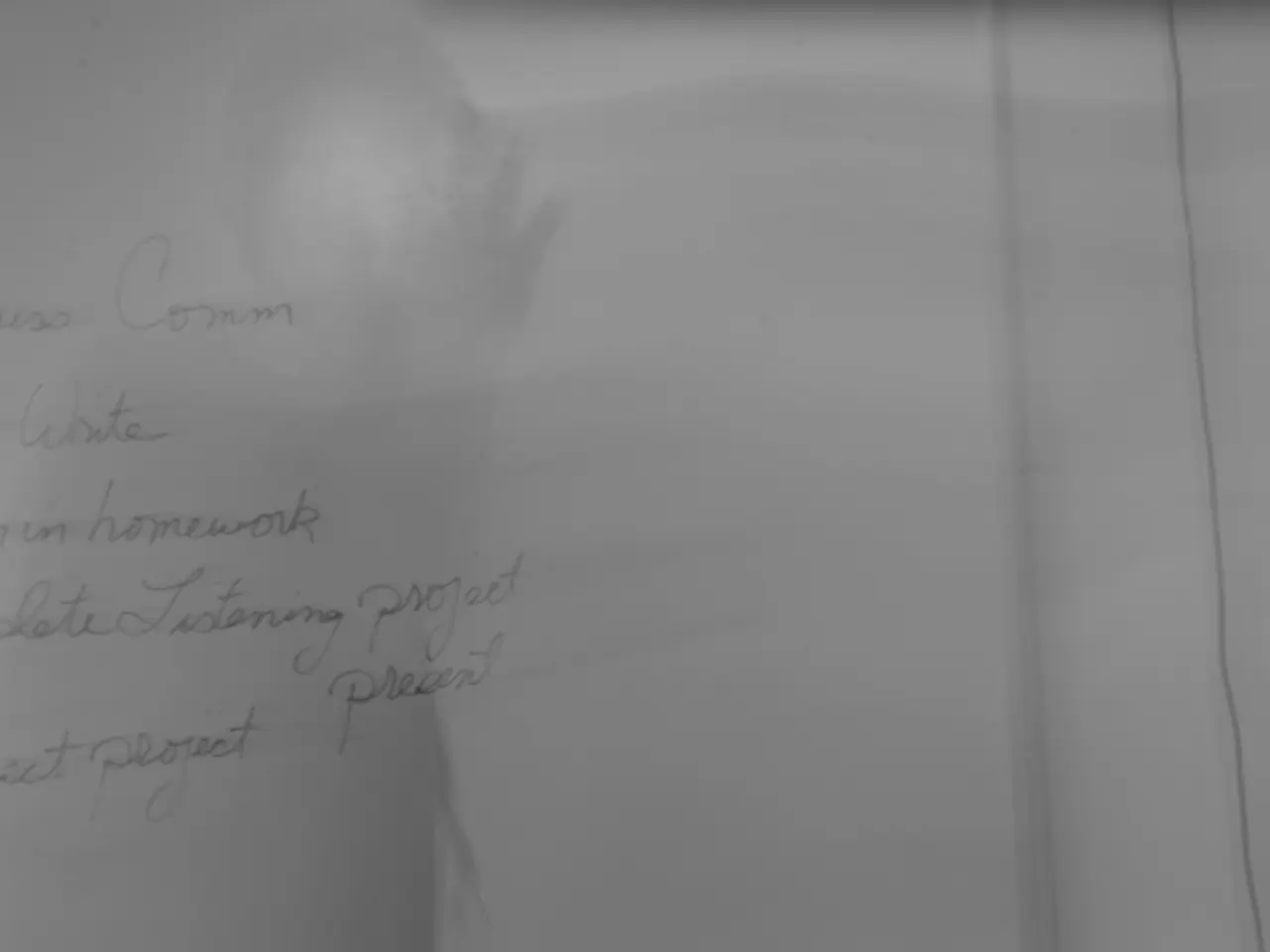Unidentified Individuals Polluted the Ocean with Oil
In August 2019, a mysterious oil spill was first detected off the coast of Paráíba, marking the beginning of a significant environmental disaster for Brazil. More than 1,004 localities in the northeast and southeast of the country were affected, with the toxic oil spreading over 3,000 kilometers.
The oil spill reached beaches, mangroves, rivers, and protected marine areas such as the Abrolhos National Park. The disaster, now known as the largest environmental disaster in the history of the Brazilian coast, has had devastating effects on the local ecosystem and the communities that rely on it.
The Bouboulina vessel, carrying 1 million barrels of crude oil, passed by Brazil on July 28, 2019. However, the government's inaction led the population to handle the cleanup themselves, exposing them to health risks. Institute of Marine Sciences researcher Rivelino Cavalcante suggests that the oil remains adrift in the sea, potentially being remobilized.
The Brazilian government's first initiatives were too late, with the National Contingency Plan being triggered 38 days after the first oil slick was sighted. According to Fiocruz, all people directly involved with the cleanup must be monitored for at least 10 years due to the presence of benzene in the oil, which may cause cancer.
The CPI, a Special Commission of Inquiry, has been established to investigate the origin of the oil and the federal government's responses to the environmental crime. The Federal Police launched an investigation into ships that left Venezuela and sailed along the Brazilian coast, with the Greek vessel Bouboulina being the prime suspect. However, Navy Vice Admiral Marcelo Francisco Campos, responsible for the coordination of field investigations and operations, states that the origin of the oil is still a mystery.
Delta Tankers, the company responsible for the management of the Bouboulina, denies the charge of being responsible for the oil spill. At least 159 animals were found oiled, with 113 of them dying. The numbers of affected animals only account for those found on the beaches, not those in the high seas.
On December 30, 2019, two beaches in the state of Ceará were impacted again by the oil spill. The investigation into the oil spill and the responsible parties continues, with no definitive public conclusion reached according to recent news.
[1] BP's major recent oil and gas discovery off the coast of Brazil in the Santos basin
[2] Petrobras as the major Brazilian oil company, its historical importance, and political scandals related to corruption
[3] Drilling and exploration activities in sensitive offshore areas in Brazil involving Petrobras and other companies, addressing environmental concerns and licensing processes
[4] An article about oil environmental impacts and government-company relations in Mexico’s oil sector, which is unrelated to Brazil
[5] Information on BP’s worst environmental catastrophe being the 2010 Deepwater Horizon spill in the US, with no mention of a spill in Brazil
[6] In the realm of environmental-science magazines, an in-depth article discusses the impact of the oil spill disaster in Brazil on the local communities, ecosystem, and marine life, highlighting the public's struggle for accountability from the industry and government.
[7] A leading general-news publication features a comprehensive analysis on the oil-and-gas industry's role in climate-change and the need for increased investment in renewable energy and sustainable practices to counteract their environmental footprint.
[8] A thought-provoking opinion piece in finance journals proposes a re-evaluation of the risk and liability dynamics within the oil-and-gas sector, with a focus on prevention and compensation plans in the event of catastrophic spills.
[9] Crime-and-justice monthly reports reveal a surge in environmental-crime cases in Latin America, with the oil-and-gas industry under increased scrutiny for its involvement in illegal activities and non-compliance with safety regulations.
[10] An environmental-science research paper published in a respected academic journal investigates the long-term effects of oil spills on coastal and marine ecosystems, exploring potential solutions for cleaning up oil-contaminated environments.
[11] A community-based call-to-action campaign launched by various Brazilian environmental organizations urges the government and oil companies to implement stricter policies for oil drilling and exploration, ensuring the protection of the environment and the rights of affected communities.



